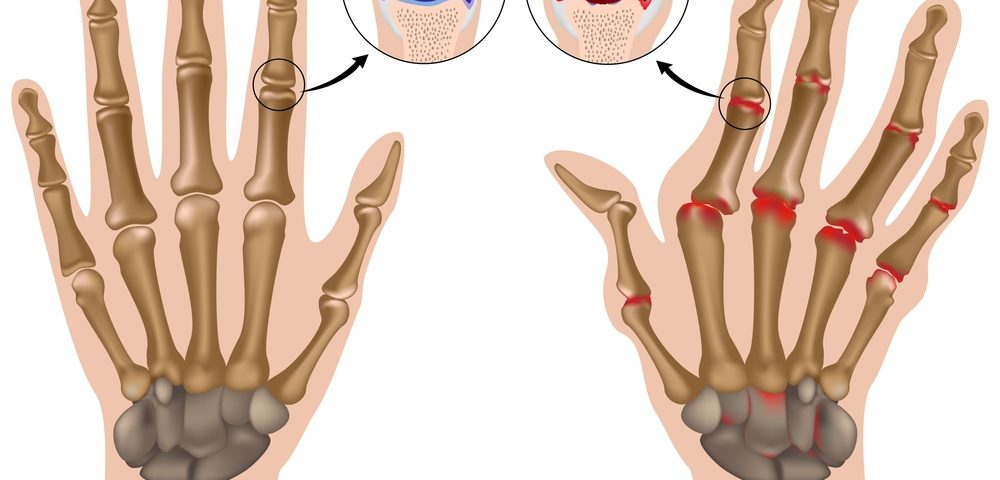Treatment with baricitinib improves joint damage in patients with rheumatoid arthritis (RA) who have an inadequate response or intolerance to conventional synthetic disease-modifying anti-rheumatic drugs (DMARDs), according to the results of a Phase 3 clinical trial developed by the pharmaceutical companies Incyte and Eli Lilly.
The study was conducted by a team of international researchers and published under the title “Baricitinib In Patients With Inadequate Response Or Intolerance To Conventional Synthetic Dmards: Results From The RA-BUILD Study” in the journal Annals of the Rheumatic Diseases.
Baricitinib is an oral drug under evaluation for the treatment of inflammatory and autoimmune diseases. It preferentially inhibits the proteins Janus kinase (JAK) 1 and JAK2, both of which are widely expressed and responsible for inflammatory reactions associated with the pathology of RA.
The Phase 3 study (Ra-BUILD; NCT01721057) included 684 patients (18 years and older) from 22 countries with moderate to severely active RA and an inadequate response or intolerance to at least one conventional synthetic DMARD. The participants were divided into subgroups according to the region and presence of joint erosions, and were randomly assigned to either a placebo or baricitinib (2 or 4 mg) once daily.
The endpoints of the study were achieved if the patients’ response included an American College of Rheumatology 20% response (ACR20), Disease Activity Score (DAS28) and Simplified Disease Activity Index (SDAI) score below or equal to 3.3, all of which are indicators of disease improvement.
Results indicated that more patients achieved an ACR20 response at week 12 with baricitinib 4 mg than with a placebo (62% vs 39%). These patients also showed statistically significant improvements in several areas, such as the DAS28, SDAI remission, Health Assessment Questionnaire-Disability Index, morning joint stiffness, worst joint pain, and worst tiredness. Researchers also observed that, 24 weeks after the beginning of the treatment, radiographic progression of structural joint damage was reduced.
Both the group on baricitinib 4 mg and the group on the placebo included patients who developed serious infections. Also, one patient who had received baricitinib 4 mg developed tuberculosis, and another had an adverse event of non-melanoma skin cancer.
Baricitinib was also associated with a reduction in neutrophils (an immune system cell type) and an increase in cholesterol levels.
“In summary, the results of this Phase 3 study provide evidence that selective inhibition of JAK1 and JAK2 with once-daily baricitinib produces clinical and structural efficacy in patients with active RA who have failed [DMARDs],” the authors concluded. “Additional studies in different populations and long-term exposure are needed to provide further insight into safety and sustainability of response.”


